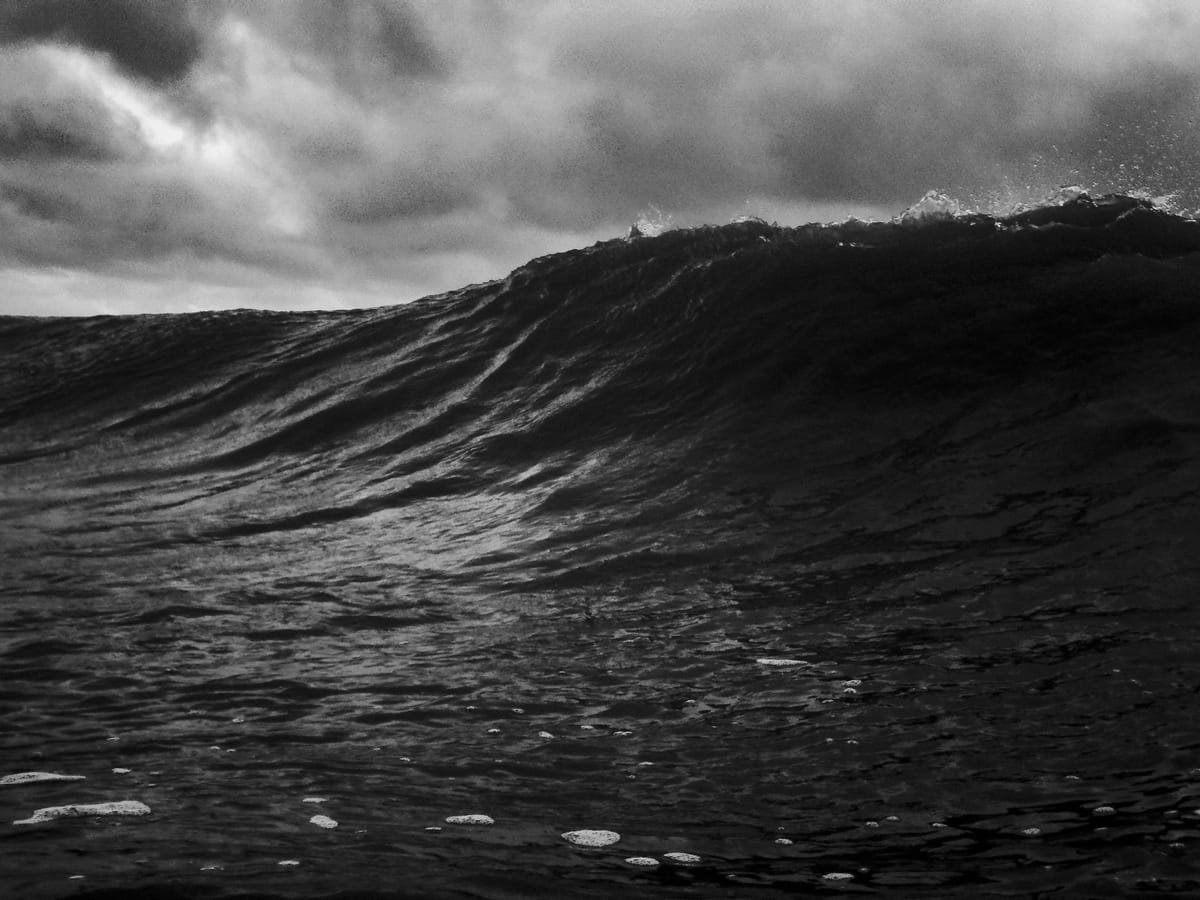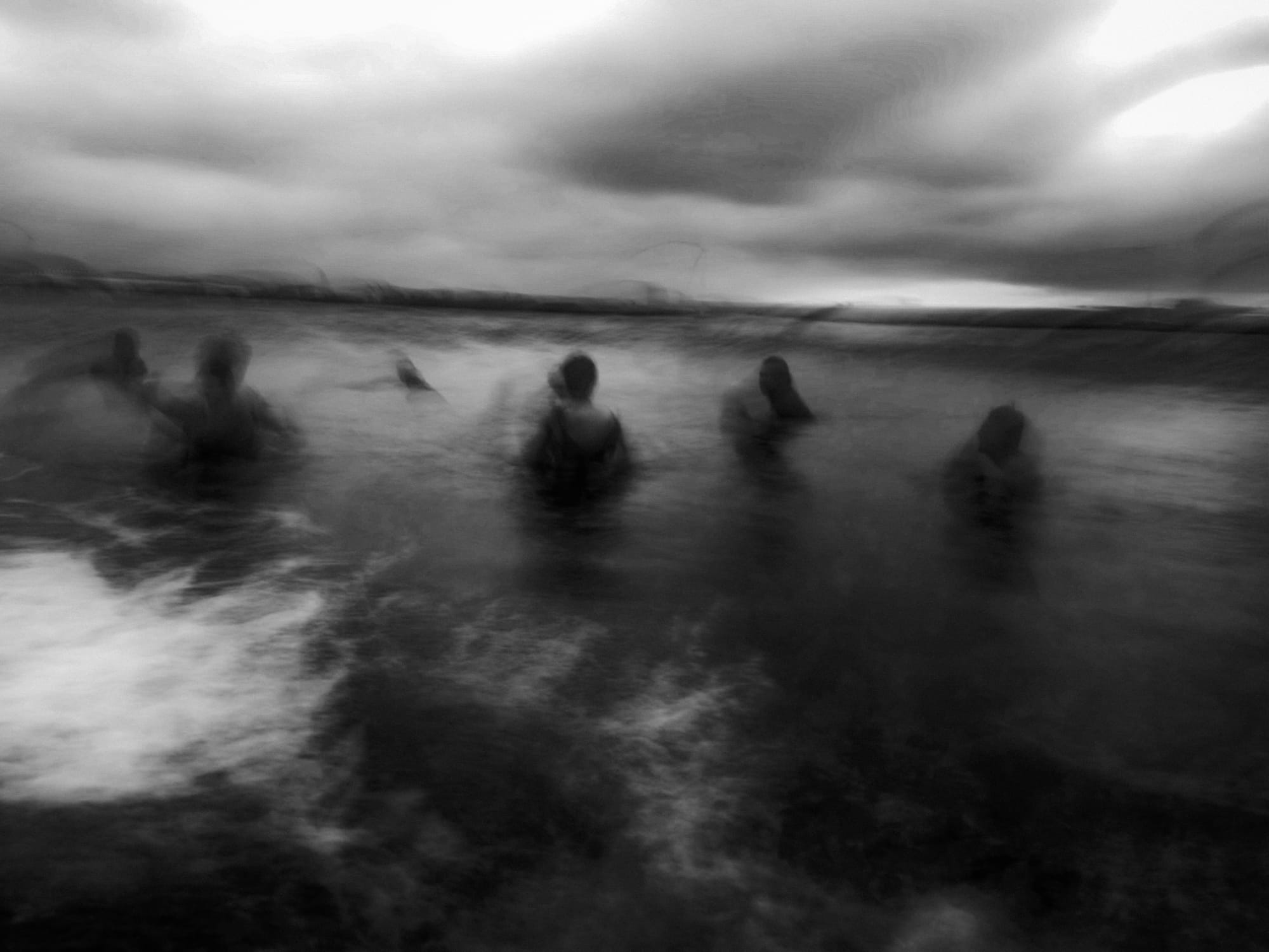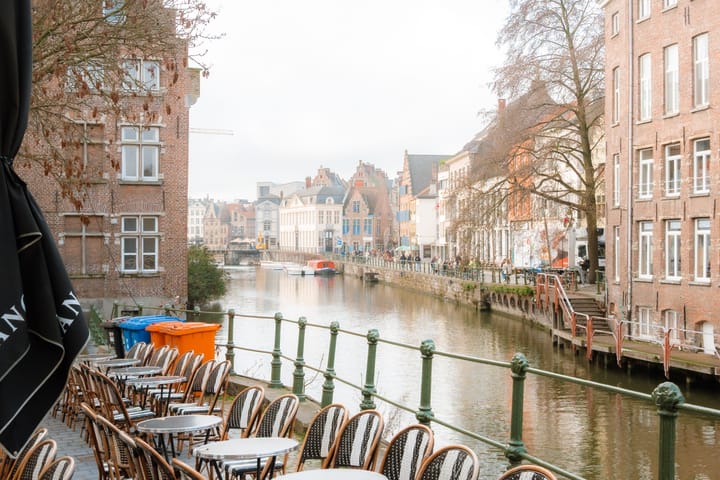Meta Display Glasses for the Deaf
Meta’s new Ray-Ban glasses promise real-world subtitles, but I’ll believe it when deaf users say it works.

Meta Display Glasses for the Deaf
This week Meta announced their new glasses, the Ray-Ban Display model, which features a display inside the glasses allowing wearers to read sweet nothings from Mark Zuckerberg while their Tesla drives them into a lake. They'll be available to buy in the US for $799 and maybe around £599 in the UK next year.
Back in 2016 I was in New York and got to buy a pair of Snap (Snapchat) Spectacles. They looked odd, came in bold colours, and I felt silly wearing them despite the nice things New Yorkers said about my look. I wasn't as outgoing in 2016 as I am today, but the Spectacles still look a bit strange. If they still worked, I would happily wear them today for random moments like gigs or arty events. Having a little camera filming from your eyeline is quite interesting. Great for cat videos, or I guess baby videos if you prefer humans to cats. Unfortunately the unreplaceable battery died, and there is nothing I can do with them except miss them.
Now, in 2025 you can buy displayless Meta Ray-Ban glasses which are basically the Snapchat Spectacles idea realised. A good camera, with good battery and good design. I would happily wear them out, but I'm not sure if I would buy them because I have massive trust issues with Facebook/Meta. They want to be the internet and they want as much data as they can to sell adverts. I don't like it, which is annoying because the Meta Ray-Bans are a nice product.
The Meta Display Glasses are even nicer because the display offers something I long for: real world subtitles. Imagine talking to someone and seeing subtitles inside your glasses allowing you to read what they're saying. Sometimes my hearing isn't quite able to process words on a TV show, and by having subtitles on they seem to help my brain do the work. It still feels like I've heard the words rather than concentrated on the subtitles. I want that in a cafe with friends, and by all accounts the Meta Ray-Ban Display Glasses might be able to offer that.
However, right now the feature is untested in the real world by real people. My experiment with Apple's Live Captions on my phone did not rock my world and remains turned off. The on-stage demos by Mark Zuckerberg and his team often failed due to "wifi issues" which were clearly not wifi issues.
Until there are real deaf people out there in chaotic environments using the hell out of these features and reporting on them, I won't trust them. Even if they do work perfectly, you still have to stand in front of someone and casually say "Hey Meta, start conversation focus". Possibly the coolest sentence ever constructed. Just wait till everyone on reality TV is saying it.
If this technology does work, I'm hopeful it will come to other smart glasses in the future. As someone in the Apple ecosystem, I'd welcome improved Live Captions or future Apple Glasses—expensive and destined for two-year upgrades, but still appealing.
Realistically, the best thing I can do for my hearing issue is tell everyone, be open and confident about the issue, and learn British Sign Language. It's possible that technology might figure this out before I become fluent in BSL, but BSL is more environmentally friendly and a lot more affordable. For those who can afford it—and everyone knows how affluent disabled folk are—there might be a life-changing device coming soon. That's pretty cool.

Links
- Meta Ray-Ban Display glasses and accessibility potential. Meta’s Ray-Ban Display glasses and Neural Band could be a leap forward in accessibility. A personal take on their promise — before I’ve tried them
- Do Ray-Ban Meta smart glasses work as an accessibility device for people with low or limited vision? | Mashable. With microphones and AI, these aren't your typical Ray-Bans.
- I regret to inform you Meta’s new smart glasses are the best I’ve ever tried.
- The strongest argument for smart glasses is accessibility | The Verge. :taps the sign: Accessible design benefits everyone.
- A Taste of the Mersey: Rivers, Race and Regeneration. On Thursday I led a walk in Liverpool titled Neuroqueer Ecologies: Noticing Differently, as part of the UP Projects symposium Bodies of Water: Regenerative Art Practice. The symposium was curated b…
- Blog – Queer River. A research project from Artist James Aldridge




Comments ()